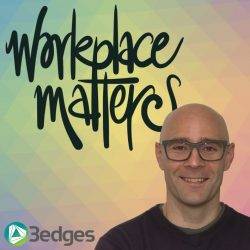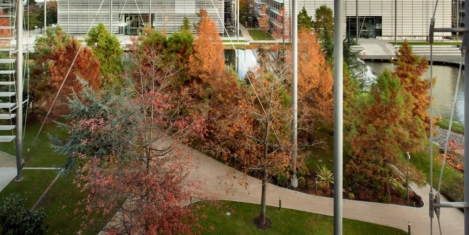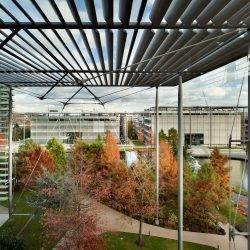July 3, 2017
One in five employees are too scared to ask for flexible working rights 0
 Over one in five (21 percent) UK private sector employees – equivalent to 5.5m nationally – are too afraid to discuss flexible working with their boss because they think they will say no, Aviva’s Working Lives report claims. The findings come despite employees having the legal right to make a ‘statutory application’ to their employer to change their working pattern . Those aged 35-49 are the most likely to refrain from exercising this right despite the challenge some in this age group may face with juggling work and family life: nearly one in four (24 percent) shy away from starting a conversation for fear of rejection.
Over one in five (21 percent) UK private sector employees – equivalent to 5.5m nationally – are too afraid to discuss flexible working with their boss because they think they will say no, Aviva’s Working Lives report claims. The findings come despite employees having the legal right to make a ‘statutory application’ to their employer to change their working pattern . Those aged 35-49 are the most likely to refrain from exercising this right despite the challenge some in this age group may face with juggling work and family life: nearly one in four (24 percent) shy away from starting a conversation for fear of rejection.




































June 12, 2017
What will the UK General Election mean for the workplace? Some experts respond 0
by Mark Eltringham • Architecture, Comment, Flexible working, Property, Workplace, Workplace design
More →